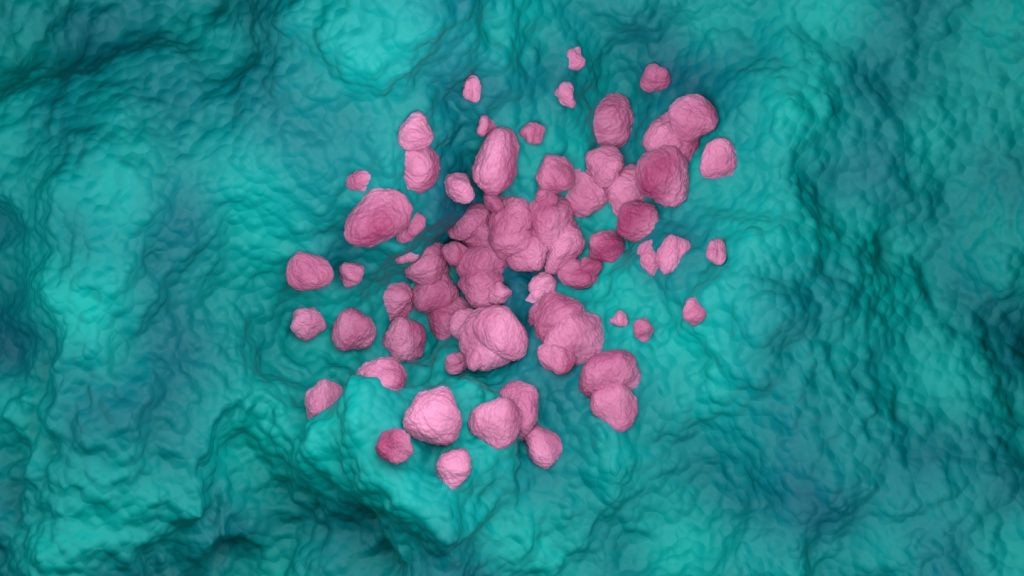Daiichi Sankyo and AstraZeneca's ENHERTU has been conditionally approved by China's National Medical Products Administration (NMPA) as a single agent for adult patients with a specific type of non-small cell lung cancer (NSCLC).
The therapy is indicated for patients with unresectable or metastatic NSCLC with activating HER2 mutations who have previously undergone systemic therapy.
It marks the fourth approval in China for ENHERTU, which has been authorised for use in three different tumour types: HER2-low metastatic breast cancer, and HER2-positive advanced or metastatic gastric cancer.
ENHERTU, a HER2-directed antibody-drug conjugate (ADC), was discovered by Daiichi Sankyo and is being developed and commercialised in collaboration with AstraZeneca.
The conditional approval is based on the outcomes of the DESTINY-Lung02 and DESTINY-Lung05 Phase II studies.
In the DESTINY-Lung02 trial, ENHERTU achieved the primary endpoint with a confirmed overall response rate (ORR) of 49%, 49 partial responses (PRs) and one complete response (CR), as evaluated by blinded independent central review (BICR).
The DESTINY-Lung05 trial demonstrated a confirmed ORR of 58.3%, one CR and 41 PRs, as determined by an ICR.
AstraZeneca oncology business unit executive vice-president Dave Fredrickson stated: “This approval of ENHERTU represents the first HER2 directed therapy approved in China for the treatment of HER2 mutant metastatic non-small cell lung cancer, marking an important step forward in how the disease can be treated.
“It also reinforces the importance of testing for predictive biomarkers, including HER2 mutations in lung cancer at the time of diagnosis, to ensure patients can receive the most appropriate treatment for their specific disease.”
The full approval of ENHERTU for this indication in China will depend on the clinical benefits observed in the confirmatory trial.
Enhertu was approved in the US as the first tumour-agnostic HER2-directed therapy in April 2024 for previously treated patients with metastatic HER2-positive solid tumours.














